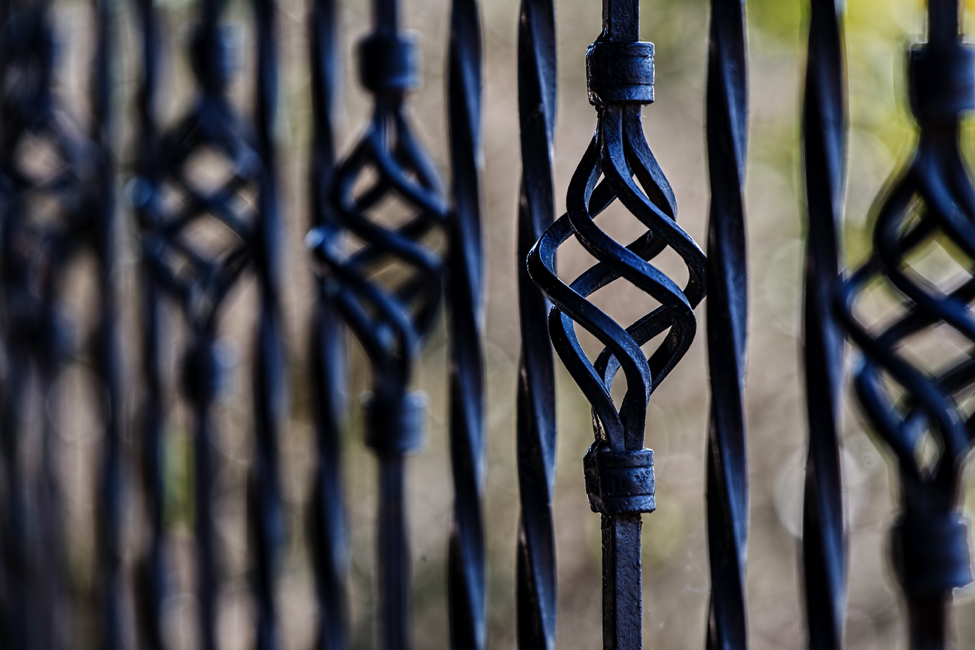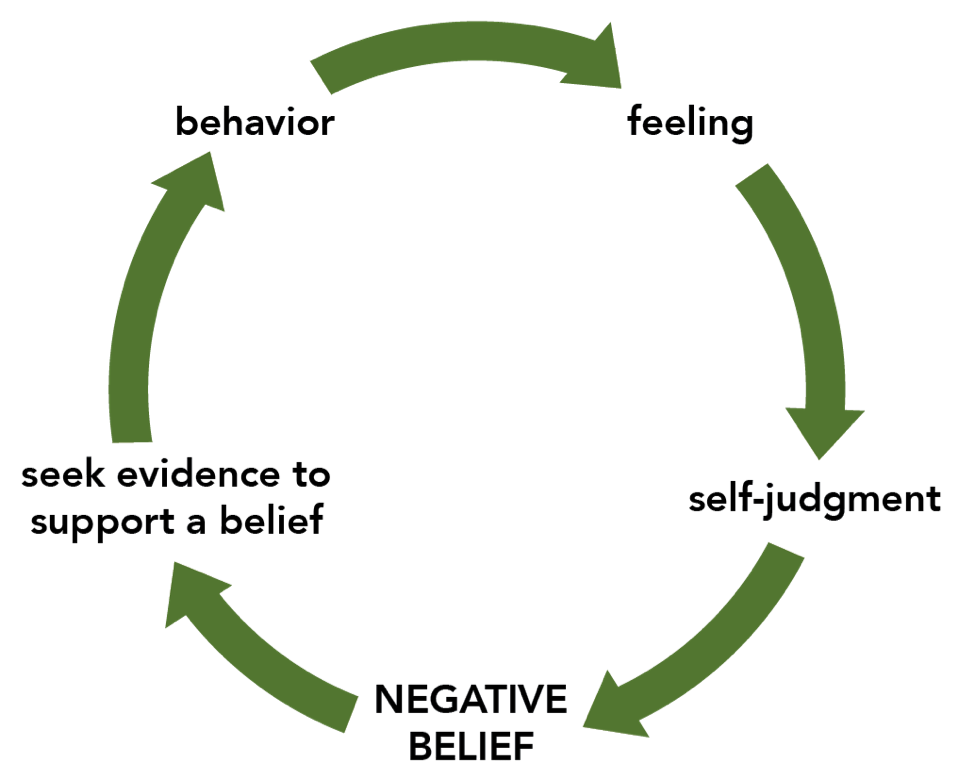|
In order to learn to love unconditionally, you first need to discover the barriers that you have to giving love, and the barriers that your children or partners have to receiving it. The negative beliefs that you carry, often subconsciously, prevent you from having the loving relationships you want to have. I’ll show you how negative beliefs get started and strengthened, and how they block love. Negative Beliefs = Barriers to Love When I was four years old during one summer vacation, my parents took me to Treasure Island on the Hispaniola at a theme park. While my brother and I were busily engaged in digging for treasure in the fine sand, three pirates jumped out of the bushes pointing their guns at us. I was startled and put my hands in the air as they demanded us to do. Then everyone started laughing. Looking around I realized that I was the only one with my hands in the air and everyone was laughing at me! I tried to disappear behind my mother, but became acutely embarrassed. How could I have been so stupid as to think those pirates were real? As a result of that incident “I’m stupid” became one of my negative beliefs and I carried it around with me for over forty years. The results were twofold:
If I have a belief about myself that “I’m not good enough”, then that will extend to my love and I will deduce that my love is not good enough, or that I don’t have enough love. I will then need to strike a bargain with a partner or child to provide love for me. My love will be conditional on you loving me back. If we believe we are worthless, then we will need a partner or child (usually a child) to establish our worth for us by achieving something beyond what we were able to achieve. Parents who push their children to become successful athletes or musicians sometimes have an underlying belief that their own worth depends on achievements. The child will learn that love is conditional on achievement. Our negative beliefs are our “buttons” or triggers. I am likely to get angry if someone treats me with disrespect – perhaps a shopkeeper doesn’t smile or seems to serve me grudgingly. That might trigger an angry reaction from me because it provides evidence for my belief that I am worthless. Whenever our beliefs are triggered, feelings are aroused that are the same feelings that occurred when the beliefs were generated in early childhood. The feelings that result from being triggered lead to behavior that is not loving and which can lead to children developing their own negative beliefs perhaps even that they are not loveable. You can see how this process blocks love. When we tackle our negative beliefs, we disable our buttons! We will be judgmental of others for the things we dislike about ourselves. The judgements we have of others are wonderful clues to some of the most deeply held, closely guarded, and most fervently projected (we don’t want to see these in ourselves) beliefs we have. Whenever we are tempted to judge another, be aware that one of your beliefs has been exposed. It is difficult to accept this idea, but when you are tempted to judge you’ll find out who you think you are. When we judge a child, we feed his or her negative beliefs directly and add barriers to having a loving relationship. Strengthening beliefs Once we have a negative belief, we will begin to see our world from the perspective of that belief and will therefore find evidence to bolster it. Each time we collect evidence, we make the belief stronger. The positive feedback loop of negative beliefs (that’s a mouthful!) is shown in the diagram below. If a child has a negative belief that he or she is worthless or unlovable, that child will notice every time that his or her parents treat him that way, but will overlook all the times that he or she is treated with love and kindness. The child may even behave in ways that will bring him or her evidence for the belief. These beliefs get strengthened over time and will persist until challenged.
In Part Four, I’ll show you how to find and fix your negative beliefs using the Choose Again Six-Step Process (Diederik Wolsak).
0 Comments
Leave a Reply. |
Categories & Authors
All
Archives
November 2022
|
Read an independent evaluation of our program |
| ||||||
QUESTIONS? |
GET daily INSPIRATION TO YOUR EMAIL |



 RSS Feed
RSS Feed